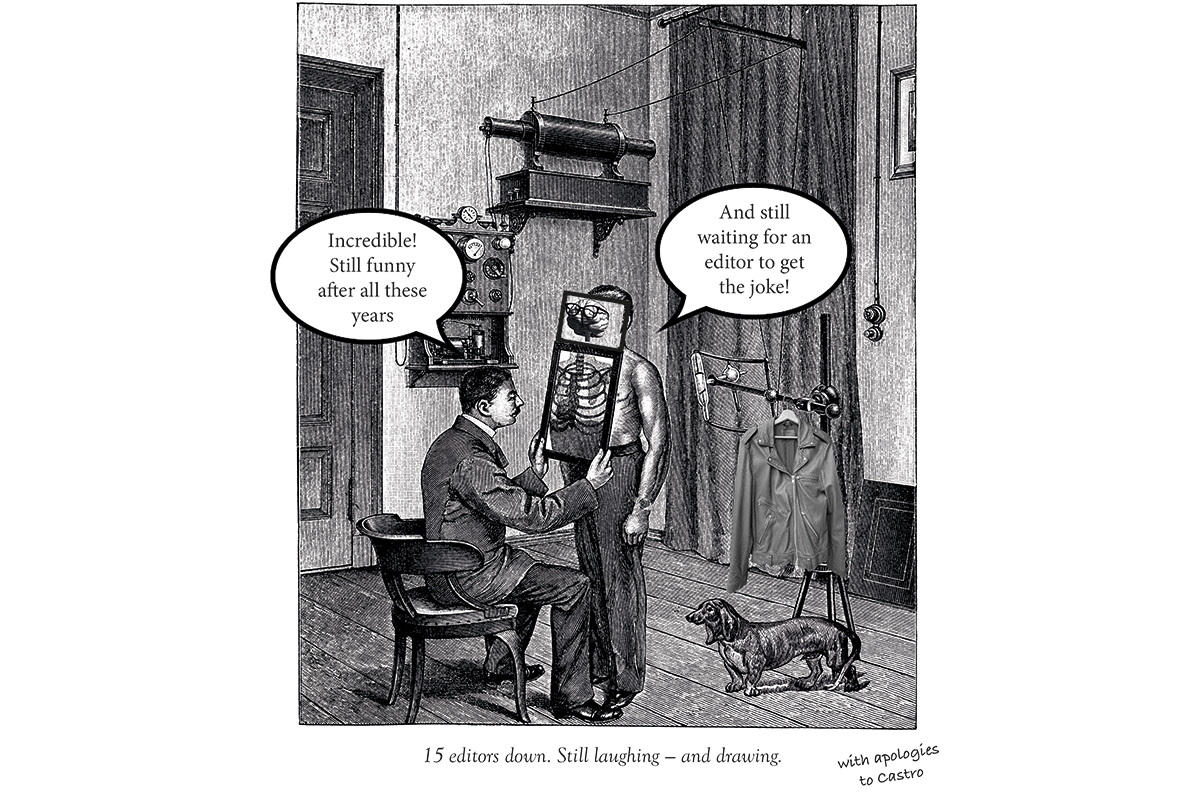The Jewish community is preparing to celebrate Pesach, the festival which marks the exodus from Egypt following the 10 plagues. But we now find ourselves wondering if we ought to worry more than others about an 11th plague: coronavirus. Jewish people represent over three percent of the UK’s total coronavirus deaths, according to figures collated from Jewish funerals by the Board of Deputies for British Jews. This may, at first glance, seem a small number — but as the Jewish community represents only 0.5 percent of the UK’s population, it suggests Jews are six times more likely to die from the virus. Why might this be?
One theory is that old habits die hard. Muslims, Jews and Christians have been asked not to gather together while the virus is rife. But the temptations of the more religious to convene for a minyan, a religious requirement which usually consists of 10 men, is high. In London, a group of Orthodox men were found having an outdoor minyan, in defiance of the social distancing guidelines. But then again, all kinds of people are breaking these rules.
We could simply be unlucky. The virus spreads quickly and as the Jewish community is one of tight-knit relationships, daily prayers and communal activities, it would not take long for there to potentially be a number of so-called ‘superspreaders’. One in four Jewish adults attend synagogue most weeks; the equivalent for church attendance among Christians is around one in ten. Put simply, this means there are more opportunities for spreading the virus. Just weeks before the lockdown, the festival of Purim, which commemorates saving the Jewish people in Persia and calls for carnival-like celebrations, was held with parties across the country. It would not be surprising if a member of the community was unknowingly infected, attended a Purim party and consequently spread the virus, causing an early spike in Jewish coronavirus deaths.
Another factor to consider as to why Jews may be disproportionately affected by coronavirus is a simple question of demographics. The virus hits the over-65 hardest. Around 22 percent of British Jews fall into this age group, in comparison to just 18 percent of the national population. This makes for the oldest age profile of any religious group in the country. And as older people are more likely to become seriously unwell from contracting coronavirus, this could translate into higher numbers of Jewish deaths. This age group might well imagine that they have lived through a lot, so ought not to fear a virus now. It’s an attitude shared by quite a number of this generation, Jews or Gentiles. But the death rates really ought to serve as a reminder to return to Judaism’s guiding values: the preservation of life. Currently, there is nothing more important.
Tali Fraser is a student at the University of Leeds and a former
Spectator intern. This article was originally published on The Spectator’s UK website.

























